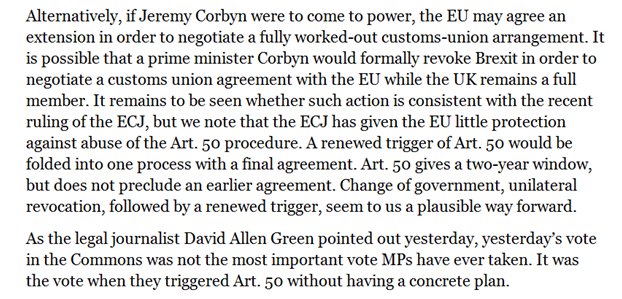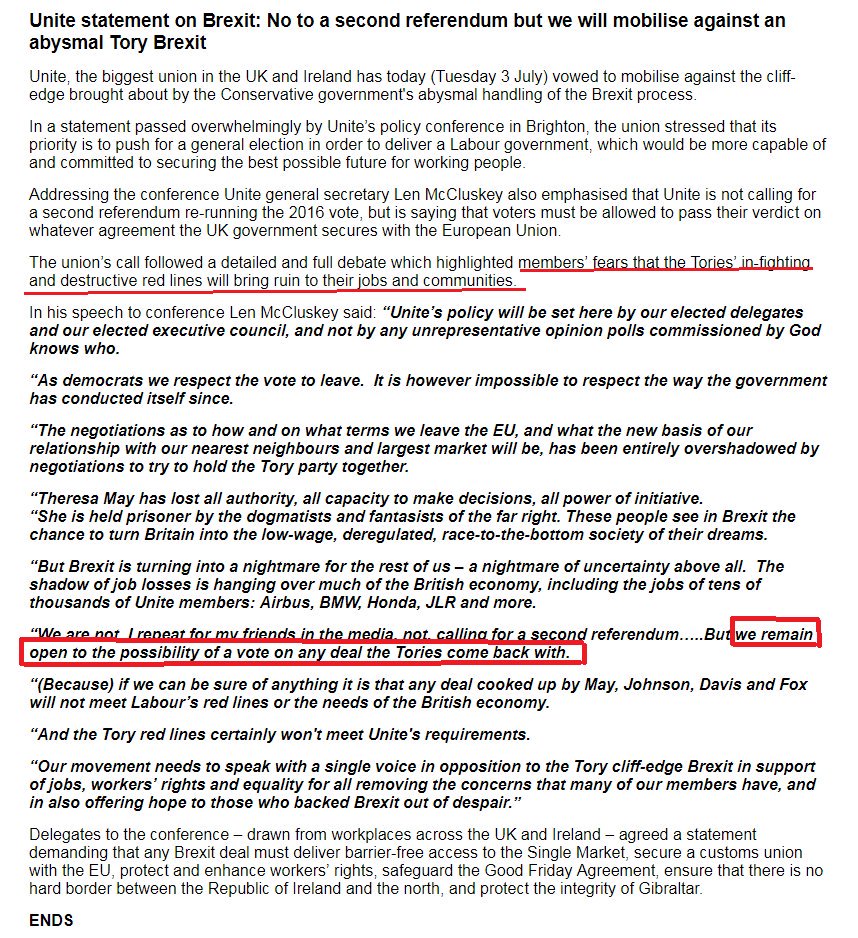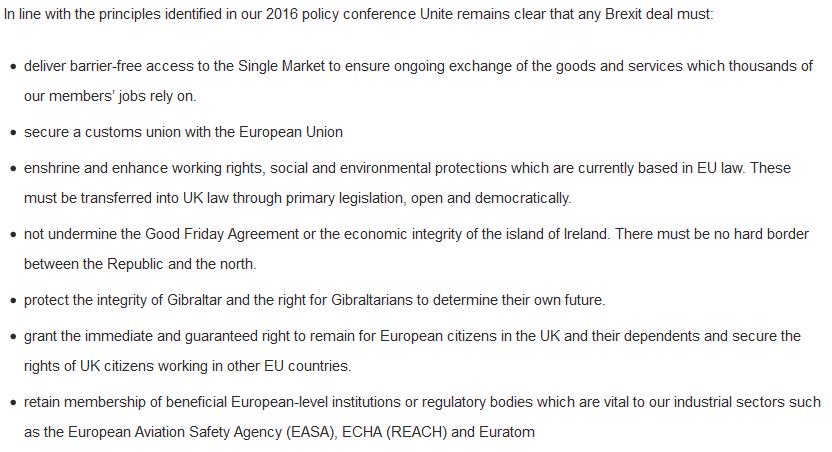The EU has the first (the Troika changing governments in Greece and Italy in 2011, stopping Italy from having its first choice FM in 2018). Brexit has the second.
Neither option is 'anti-fascist'.
Get real-time email alerts when new unrolls are available from this author!
Twitter may remove this content at anytime, convert it as a PDF, save and print for later use!

1) Follow Thread Reader App on Twitter so you can easily mention us!
2) Go to a Twitter thread (series of Tweets by the same owner) and mention us with a keyword "unroll"
@threadreaderapp unroll
You can practice here first or read more on our help page!



